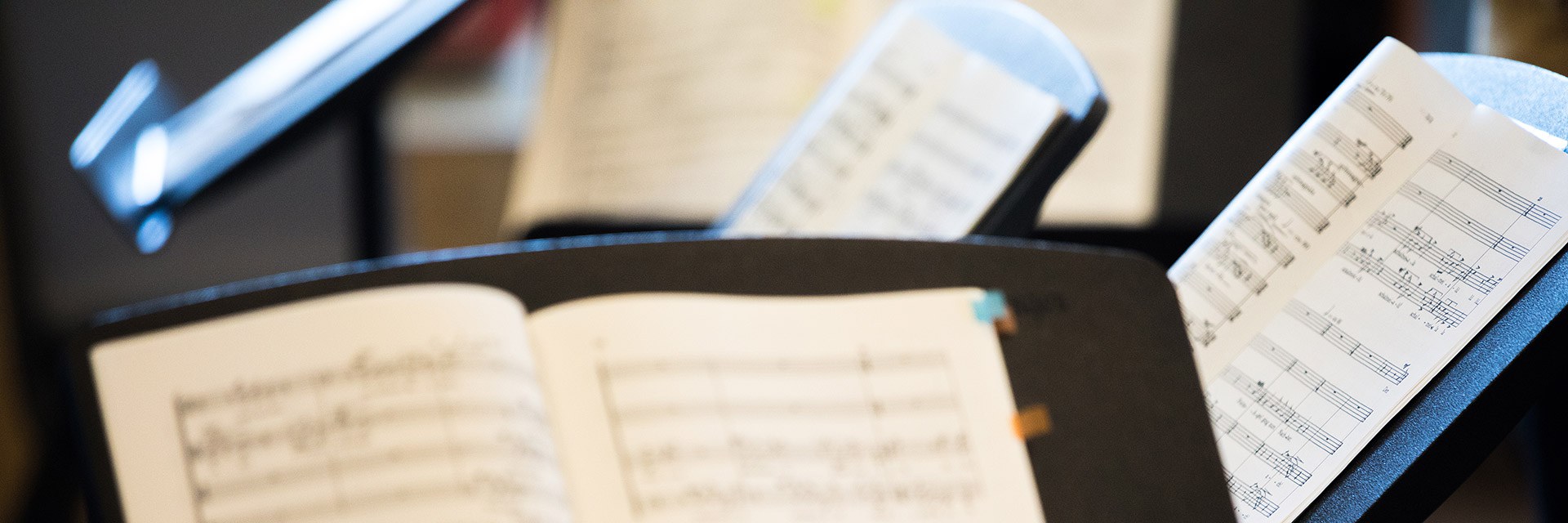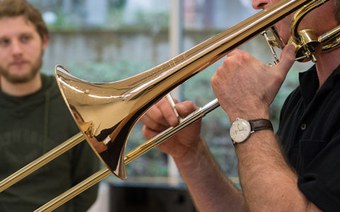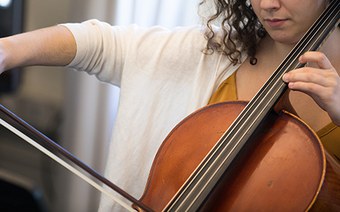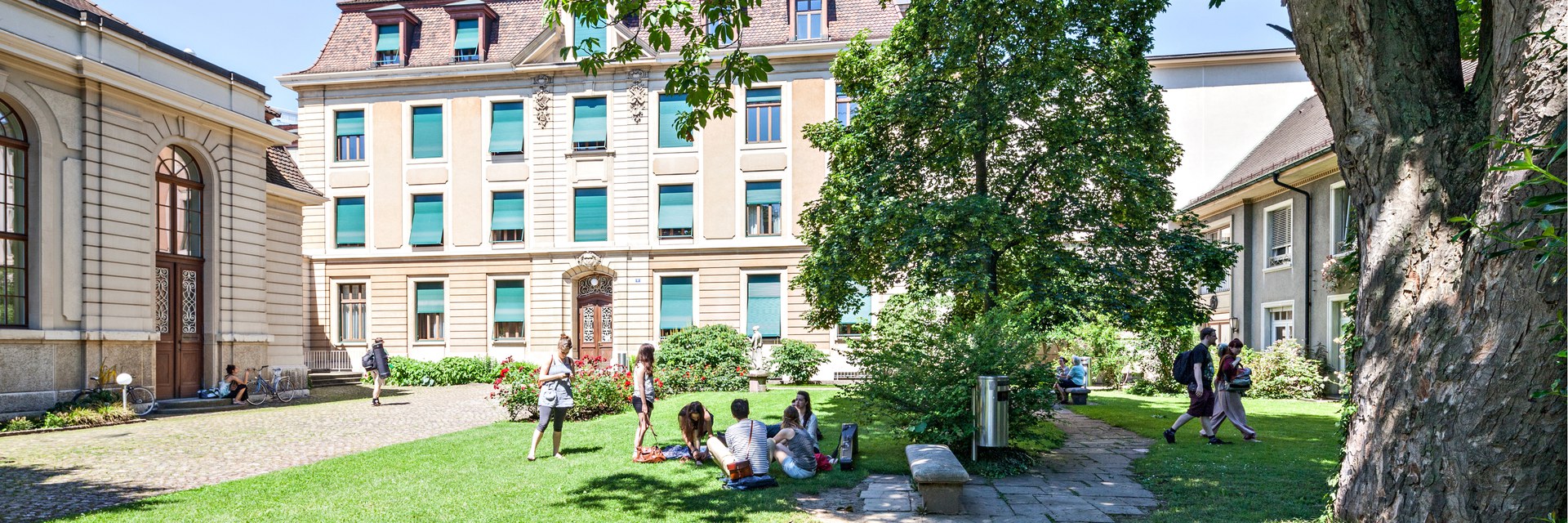Admission criteria
In order to enter the FHNW Bachelor of Arts in Music programme with an instrumental or vocal major, applicants must hold a school-leaving qualification (Baccalaureate, Professional Baccalaureate or equivalent) as well as they must have passed the entrance exam and were offered a free place at the Academy (limited places). Applicants who have submitted all the necessary registration documents in time and have passed the first round of the entrance exam will be invited to play a live audition. For further information on the admission criteria, please see the Studienreglement of the Bachelor of Arts FHNW in Musik.
Language skills
We expect students to have very good German language skills at the beginning of the studies. Students who are not German native speakers must present a B1 or a higher level German language certificate according to the Common European Framework of Reference for Languages (CEFR) at the beginning of the studies. Only certificates with the ALTE-Q-Mark seal of approval (e.g. the B1 certificate of the Goethe-Institut or the telc certificate) are accepted.
Entrance exam
The entrance exam is split into the first round, which is held “by video”, and the second one, which is a live audition. The second round consists of three parts.
Procedure of the entrance exam
First round: Video recordings
Applicants must submit a video when registering.
Video requirements
Repertoire requirements
The single works/movements submitted must indispensably be recorded without any cuts. If applicants submit one straight video with the whole programme, the applicant must set marks after every work/movement so that it is possible for the jury to purposely skip within the video.
Microphone: We recommend using a suitable stereo microphone and place it conveniently. If necessary, you may also use the microphone of a camera, computer, or smartphone.
Please record the video from a fixed point of view. The hands and the face of the musician must be visible. Publicly recorded concerts may be submitted as long as they correspond to the above-mentioned requirements (no cuts) and as long as they are not older than 6 months.
Please upload the video onto Youtube and add the link to your list of works and in the registration tool.
Please add the list of works to your application or send it by mail to cmVnaXN0cmF0aW9uLmhzbUBmaG53LmNo until 15th February at the latest.
Only those applicants who will be considered for the second round will be invited for the live audition.
Second round: Live audition and theoretical
Repertoire requirements
The choice of the programme may be identical as the one of the video. However, changes of the programme for the live audition can only be made until 14 days prior to the audition date.
The candidate may choose the first piece. Then, the jury will decide which works to play and is allowed to interrupt the audition at any time. Afterwards, there will be a short conversation about the goals of the studies and the study course content as well as the applicant´s prior education, experience, the choice of the professor, etc.
Theoretical part (ear training test and piano playing)
The ear training test checks the ability to perform non-instrumental musical processes (relative pitch test) as well as basic knowledge of music theory. The piano playing is tested at the beginning of the ear training test: Performance of a prepared piece, sight reading, Major and Minor cadences with up to two key signatures.
Further information: ear training test and piano playing
Dates
The live auditions will take place at the middle of April. The exact dates may be seen here.
Registration
You may apply between the 15th December and the 15th February.
Along with the registration, it is mandatory to submit the following:
A passport photo, a curriculum Vitae, a passport photo, a motivational letter and the school leaving qualification or proof of an equivalent general education qualification.
Applicants who have chosen a vocal major must provide an expert phoniatric assessment.
Evaluation
The jury consists of the lecturers of the respective major and a member of the directional board and they will evaluate the major exam. If a candidate does not pass the major exam, the whole entrance exam will be evaluated with failed and there won´t be an invitation for the hearing test. If candidates fail the entrance exam, they may repeat it once but only within the next official exam cycle.
The jury of the hearing test and the piano exam consists of a member of the major music theory/composition and a member of the Piano department. In exceptionally cases, the jury may also consist of two members of the major music theory/composition or one member of the piano department and a member of the directional board and they will evaluate the hearing test and the piano exam. If candidates pass the major exam convincingly but fail at the hearing test, they may be accepted into the first year of the Bachelor under special restrictions.
Announcement of the results
The results of the first round will be communicated by mail at the middle of March.
The results of the second round will be communicated by mail in May.






